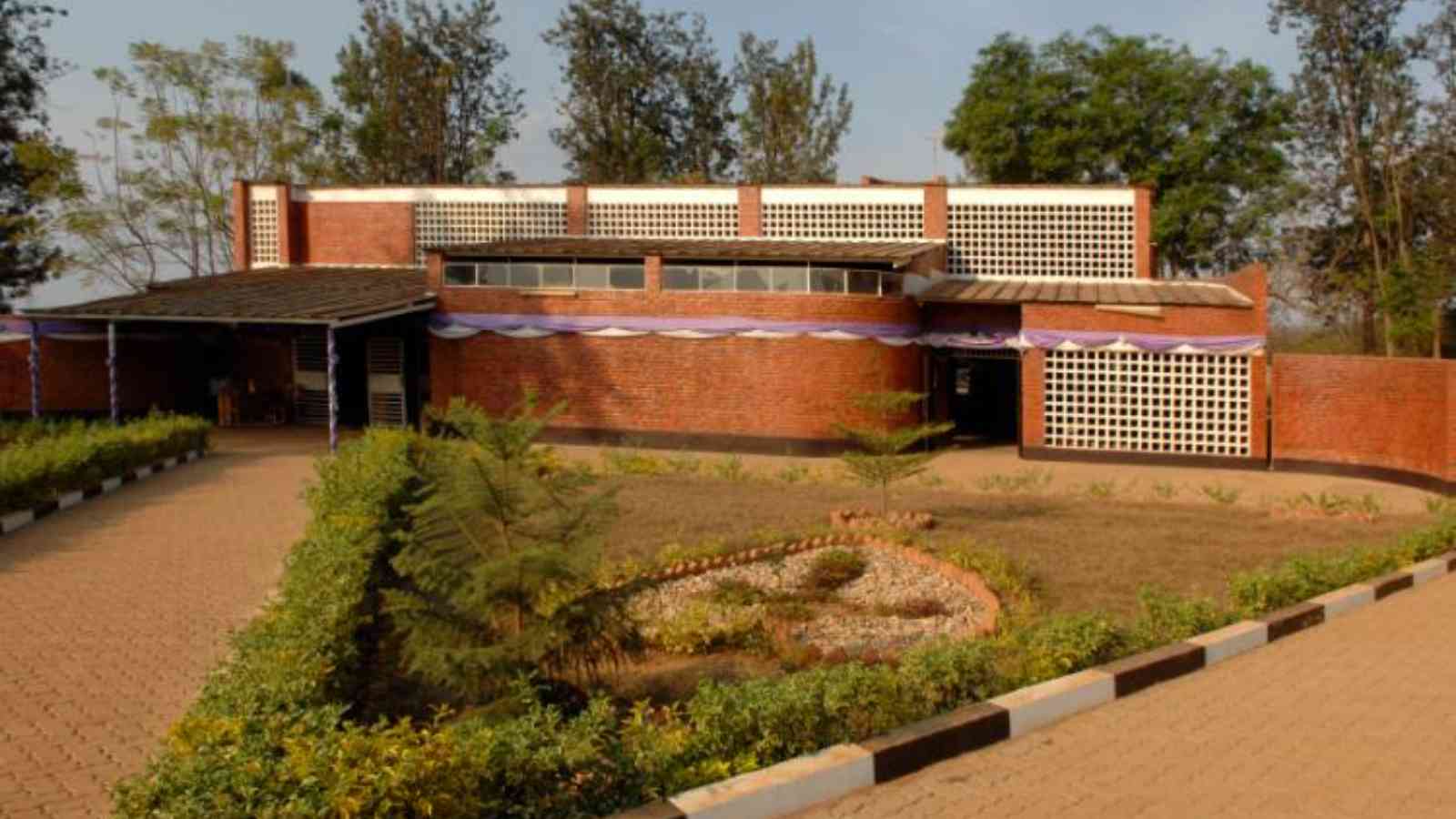The United Nations (U.N.) has designated April 7 as the Day of Remembrance for the Victims of the Rwanda Genocide. This day commemorates the fatalities of nearly 800,000 people during the Rwandan genocide of 1994. And approximately 2,000,000 individuals were displaced as their homes were demolished. It is a time to mourn the deceased, assist the survivors, and ensure that such a tragedy never occurs again in Rwanda, Africa, or anywhere else for that matter.
The background of Day of Remembrance of the Victims of the Rwanda Genocide
When the Rwandan genocide began in 1994, it was part of a larger campaign of ethnic cleansing against Tutsis in Rwanda. There were three ethnic divisions in the country: the Hutu (approximately 85% of the population), the Tutsi (14%), and the Twa (1%). During the 100 days between April 7 and mid-July 1994, members of the Hutu majority administration sought to massacre the Tutsi minority and anyone who opposed genocide. It is estimated that over 800,000 civilians, predominantly Tutsis, were killed. In addition, thirty percent of the indigenous Pygmy Batwa were killed during the conflict.
When an aircraft carrying then-President Juvénal Habyarimana and the President of Burundi, both Hutus, was shot down, the slaughter began. The Rwandan Patriotic Front (RPF), whose majority of members are Tutsis, was suspected of committing the murder. Hutu extremists refused to accept this and started a campaign of vengeance. Nonetheless, a Tutsi-backed and fully-armed Rwandan Patriotic Front (RPF) commanded by Paul Kagame seized control of the capital and the majority of the country, putting an end to the genocide and indiscriminate slaughter of Rwandans. The Rwandan government estimates that more than two million individuals, mostly Hutus, were displaced and became refugees.
The United Nations proclaimed April 7 International Day of Remembrance for the Victims of the Rwanda Genocide. The first commemoration occurred in 2004, ten years after the genocide. In 2018, Rwanda’s Permanent Representative to the United Nations proposed renaming the day International Day of Reflection on Rwanda’s Genocide Against the Tutsi in 1994.
Day of Remembrance for Truth and Justice 2023: Date, History, Facts
International Holocaust Remembrance Day 2023: Date, History, Significance
5 IMPORTANT FACTS REGARDING THE RWANDA GENOCIDE
This day is not a public holiday in Rwanda because it is an official U.N. day of remembrance for the victims of the 1994 genocide.
Not only were Tutsis systematically murdered, but so were all those who opposed the genocide, including moderate Hutus.
This day is commemorated in Rwanda as Genocide Memorial Day under the appellation “Kwibuka,” which means “to remember.”
The Rwandan national mourning period begins on Genocide Memorial Day and continues until July 4, Liberation Day.
Thousands of people from all over the globe participate in memorial ceremonies that include lighting candles and observing a moment of silence in remembrance of the Rwandan genocide victims.
DAY OF REMEMBRANCE OF THE VICTIMS OF THE RWANDA GENOCIDE DATES
| Year | Date | Day |
|---|---|---|
| 2023 | April 7 | Friday |
| 2024 | April 7 | Sunday |
| 2025 | April 7 | Monday |
| 2026 | April 7 | Tuesday |
| 2027 | April 7 | Wednesday |




